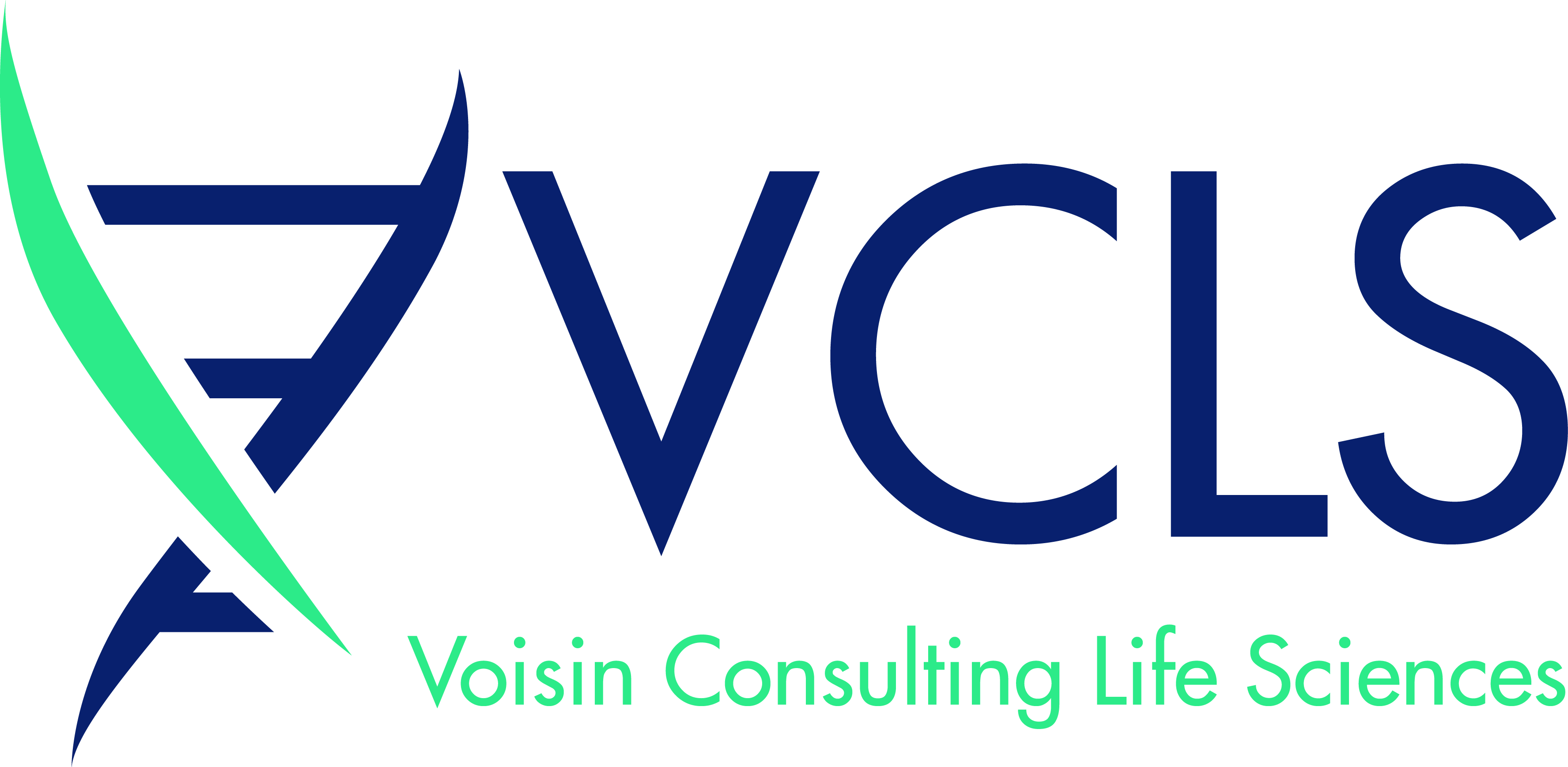
There are many kinds of consulting. There are management, marketing, and UI/UX consulting roles, as well as legal nurse consultants. Each type offers a unique set of skills and a different client base. Below we will examine some of the main types of consulting. Each type of consulting provides a unique view on an industry.
UI/UX consultants
UI/UX consulting focuses primarily on the design and useability of user interfaces. This may include designing new interfaces and redesigning existing ones. UI/UX specialists often have backgrounds and knowledge in computer science and graphic design. These experts can provide valuable advice on how to make web or mobile apps more attractive to users.

UI/UX design takes a lot of empathy. The ultimate goal is to provide an intuitive user experience. The work is a mix of technology, art, and design.
Marketing consultants
Marketing consultants are key to the development of new products and services for clients. Marketing consultants help clients increase demand through the implementation of effective marketing strategies. Without a strong market demand, all other marketing efforts, such as production and R&D, are pointless. Marketing consulting firms work to increase customer engagement and market demand. These consultants are highly efficient and provide guaranteed results.
Some consultants assume the role a big boss. They can act as the head of a department or make high-level decisions for their clients. This type marketing consulting is not suitable for every business. This type of consulting requires trust. The client may not even be part of the decision-making.
Legal nurse consultants
A legal nurse consultant refers to a registered nurse who applies their knowledge in health care and has received specialized training to assist with legal matters. They can offer sound advice to both patients and attorneys thanks to their specialized training. They can help with many medical-related legal issues such as malpractice and insurance-related matters.

A legal nurse consultant's role is to bridge the gap between the legal and healthcare communities, providing advice and support to attorneys and law firms on healthcare issues. These professionals may work independently and have relationships with several law firms and clients. They don't have direct patient contact but have a high degree of responsibility.
FAQ
What skills will I need to be a consultant?
An effective consultant must have strong interpersonal skills as well as analytical skills. This is important because you are working on projects where you may not know exactly what you are doing. It is important to learn how to quickly solve problems and manage people.
Also, you must have great communication skills. Clients expect a response within 24 hours. If they don’t hear back, they assume that you aren’t interested. It's crucial to keep them informed and make sure they understand everything.
Do I need legal advice?
Yes! Consultants often create contracts with clients without getting legal advice. This can lead to issues down the road. What happens if a client terminates the agreement after the consultant's completion deadline? Or, what happens if the consultant doesn't meet the deadlines set forth in the contract?
To avoid any potential problems, it is best to consult a lawyer.
Consulting is it a job?
Consulting is not only an entry-level profession for those looking to make fast money, but it's also an excellent way to acquire valuable skills that you can apply throughout your career.
There are many options for consulting. These include project management, business strategy, strategy, leadership, and training. It is possible to work on projects that range from small start ups to large, international corporations.
Consulting allows you to learn and improve your skills while also gaining experience in many industries. This could include learning to manage teams and write proposals, manage finances, analyze data, create presentations and conduct market research.
Statistics
- So, if you help your clients increase their sales by 33%, then use a word like “revolution” instead of “increase.” (consultingsuccess.com)
- WHY choose me: Why your ideal client should choose you (ex: 10 years of experience and 6-week program has helped over 20 clients boost their sales by an average of 33% in 6 months). (consultingsuccess.com)
- 67% of consultants start their consulting businesses after quitting their jobs, while 33% start while they're still at their jobs. (consultingsuccess.com)
- Over 62% of consultants were dissatisfied with their former jobs before starting their consulting business. (consultingsuccess.com)
- My 10 years of experience and 6-step program have helped over 20 clients boost their sales by an average of 33% in 6 months. (consultingsuccess.com)
External Links
How To
How to Start a Consultancy Company and What Should I Do First
Starting a Consulting Company is a great way to make money online from home. You don't have to have any business experience. A good place to start your own consulting company is to build a website. After you have built a website, social media platforms such Instagram, Pinterest and LinkedIn will be useful to spread the word about your services.
With these tools, you can put together a marketing plan that includes things like:
-
Creating content (blogs)
-
Establishing connections (contacts)
-
Generating Leads (lead generation forms).
-
Selling products online
Once you've developed your marketing strategy, you'll need to find clients who will pay for your services. Some people prefer to go through networking groups and events, while others prefer to use online methods such as Craigslist, Kijiji, etc. Your choice is yours.
Once you've found new clients, you'll want to discuss terms and payment options. You can discuss hourly rates, retainer agreements, flat fees, and other options. You need to be clear about what you expect of a client before they accept you as a client.
Hourly agreements are the most common contract type for consultancy services. This agreement allows you to agree to provide services at a fixed price each week or month. You may be eligible to negotiate a discount, depending on the service that you offer. Make sure you understand what you are signing when you accept a contract.
Next, create invoices. Send them to your clients. Invoicing is one thing that looks simple until it's actually done. There are many ways to invoice clients. It all depends on your preference. For instance, some prefer their invoices to be emailed directly to clients while others prefer hard copies to be mailed. No matter which method you choose to use, it is important that it works for you.
After you've created your invoices, you can collect payments. PayPal is preferred by most because it is easy-to-use and offers multiple payment options. However, other payment processors are available, including Stripe, Square Cash, Google Wallet, Apple Pay, Venmo, etc.
Once you're ready for collecting payments you'll need to set up bank account. Separate checking and savings accounts allow you to keep track of income and expenses separately. You can also set up automatic bank transfers to pay bills.
Although it can seem daunting when you first start a business as a consultant, once you get the hang of it, it will become second nature. Our blog post contains more information on how to start a consulting business.
A consulting business is a great way of making extra money without worrying about your employees. Many consultants work remotely, which means they don't have to deal with office politics or long hours in the office. Remote employees have more flexibility because they are not bound by regular work hours.